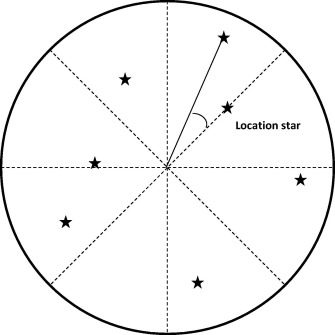Desheng Wen’s research team present a full-sky star identification algorithm based on radial and dynamic cyclic patterns with the aim of solving the "lost-in-space" problem. The dynamic cyclic pattern match is applied with a maximum cumulate comparison method to identify sensor-catalog pairings in initial match, which substantially eliminates the effects of the star position noise, magnitude noise, and false stars. After initial match pairings of stars are obtained, a chain part extension technique is employed to quickly search for the longest match chain as the final result. Experimental results indicate that the proposed algorithm is highly robust to star position noise, magnitude noise and false stars. In a series of simulations, the identification rate of the algorithm is 97.50% with 2.0 pixels star position noise, 96.90% with 0.4 Mv star magnitude noise and 95.30% with four false stars respectively. Moreover, the algorithm achieves an identification rate of 58.08% when only six stars are in the field of view.

(Original research article "Advances in Space Research Vol. 63, Issue 7, pp. 2245-2259 (2019) https://linkinghub.elsevier.com/retrieve/pii/S0273117718309426")
Download: